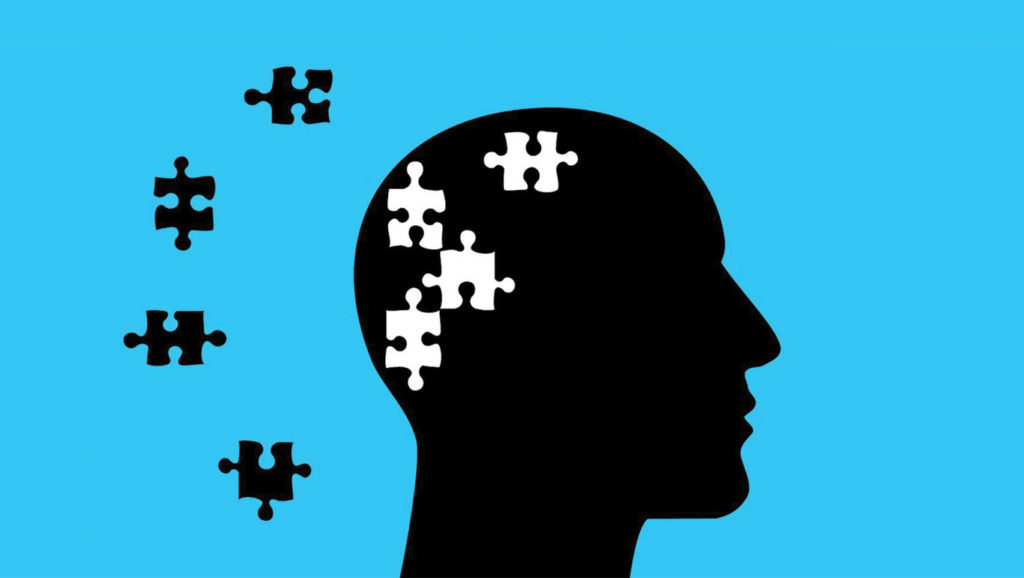The past decades have witnessed increased attention to mental health. And while the UN has made progress in this field, mental health is still predominantly considered a management tool by the organization.
This approach misses the essence of mental health, which has at its core-caring and compassion toward the human condition of suffering. This is something that is universal and very democratic: it affects everybody, regardless of one’s rank in the UN ladder.
We all struggle in some areas and endure difficulties in our lives, simply because we are human. Sometimes we cope successfully with the challenges and disappointments that we meet on our path; other times a specific episode, including at the workplace which may overwhelm us and lead to trauma.
It is not so much the intensity of a potential traumatic event – trauma being a universal experience – that matters, but rather the circumstances in which it occurs. The context matters, and the UN has a very peculiar one.
Because the UN aims to confront the most challenging and disturbing global issues, there is an inherent traumatizing component in the work of many UN staff. They witness inequality, injustice, misery, war, potentially catastrophic scenarios and, ultimately, how inhumanly human beings may act towards each other. Not only many staff who serve in difficult missions experience trauma; at Headquarters as well, staff may suffer from ‘vicarious trauma’ – the exposure as professionals to the traumatic experiences of others. This is because of the material they work with, for example when investigating or reading of human rights violations. A ‘compassion fatigue’ – the cumulative emotional, psychological and physical impact on one’s life when helping others may be experienced and complicated by the guiltiness for feeling it.

There is also the sheer volume of work that, coupled with the organization’s cultural pressure, demands unreasonable and unhealthy working rhythms that lead many to feel drained and trapped and ultimately to burnout. Other times, staff suffer because of untreated psychopathologies of colleagues – supervisors, peers or supervisees – that are not tackled, hoping that the ‘issue’ fades by itself, which it never does, only leading to greater pain.
Mirroring the peculiarity of the UN context, most of the UN staff have quite distinctive personality traits, too. They range from strict adherence to the highest ideals and standards, strong sense of duty, dedication to the cause, perfectionism, tendency to control and difficulty to compromise. Also common is the so-called “caretaker complex” that makes staff continue serving others at the expense of their own sanity. The biggest challenge for many UN staff seems to be to allow themselves to be taken care of.
Yet, mental health as genuine care and compassion and mental health as a management tool are not mutually exclusive. They can be brought together through an approach in which both the organization and the individual share the responsibility for it.
On one hand, the UN could be more assertive in applying the existing research results in social behavioral science to its mental health practices and policies. For example, research shows that during the most productive occupational years, between 30 and 64 years of age, mental disorders are the leading cause of temporary disability, which translates in more days of sick leave and higher costs for the organization. Research also shows that it is very difficult for individuals to switch to healthier behaviors unless they see immediate results, which is rarely the case, or they are ‘nudged’, when lead to the desired behavior by intentionally designed practices and policies implemented in the working environment.
The UN has already applied some of these techniques, for example making smoking difficult so that the inconvenience related to it is greater than the pleasure derived from it. What if these techniques could be used to reinforce positive behaviors that lead to heightened mental health? For example, by automatically opting in staff – so that everybody is enrolled, unless they make the effort to opt out – to meditation, mindfulness, relaxation classes during their working hours? And to even reward staff for doing so?
On the other hand, the individual staff member should recognize that their working life is cramped with conflicting emotions and that there is no shame about it: there is no point in hiding them and only gains in understanding them. It is the ultimate responsibility towards oneself to preserve and even improve mental health by asking, by fighting if necessary, for what one needs flexible working, telecommute, help in completing a task – and by daring to say ‘no’ before experiencing a major breakdown. It requires a mental shift to understand that sometimes we need to feel at peace more than we need to feel in control.
This approach requires a more authentic working environment and frank talks about emotions, mental health, the staff psychological needs and the organization’s legitimate demand for efficiency and effectiveness. Everybody would gain from it on a human level, meaning better engagement, employee retention, and overall wellbeing.



